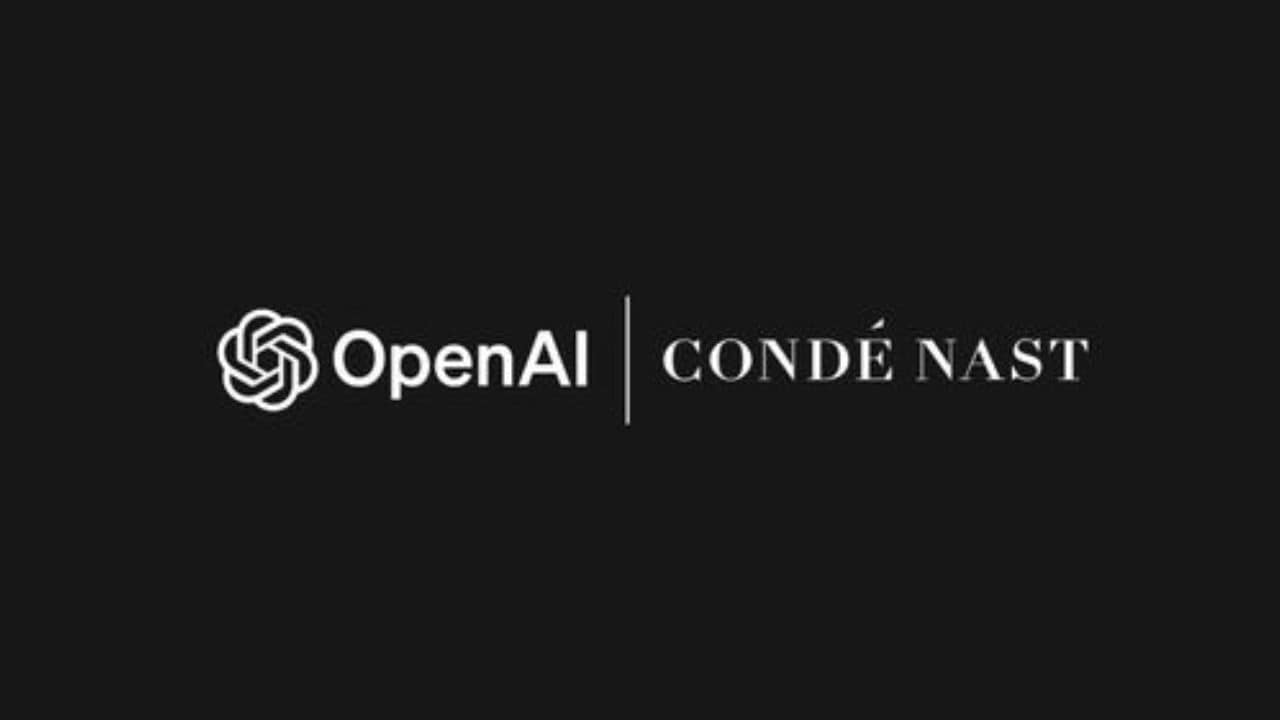OpenAI has announced a multiyear partnership with the media company Condé Nast.
With this partnership, Condé Nast-run media outlets such as Vogue, The New Yorker, and Wired articles will be displayed on ChatGPT and SearchGPT.
Sam Altman-led OpenAI and Condé Nast did not disclose the terms of the deal.
In July, OpenAI announced the AI-powered search engine ‘SearchGPT’, a prototype of a new search function that combines the strengths of AI models with information on the internet to provide fast and timely answers from clear and relevant sources. OpenAI said that SearchGPT provides direct links to news articles, making it easy for users to explore more detailed content from the source. In the future, it plans to integrate the benefits of these features directly into ChatGPT.
The AI-startup said that it is working with news partners such as Condé Nast to gather feedback on the design and performance of SearchGPT to improve the user experience and inform future updates to ChatGPT.
In an internal company memo, Roger Lynch, CEO of Condé Nast, shared that over the last decade, news and digital media have faced steep challenges as many technology companies eroded publishers’ ability to monetize content, most recently with traditional search.
“Our partnership with OpenAI begins to make up for some of that revenue, allowing us to continue to protect and invest in our journalism and creative endeavors,” he said.
Lynch further noted that it is just the beginning and the media house will continue what it started in Washington earlier this year – the fight for fair deals and partnerships across the industry until all entities developing and deploying artificial intelligence take seriously, as OpenAI has, the rights of publishers.
OpenAI COO Brad Lightcap said in a statement that the startup is committed to working with Condé Nast and other news publishers to ensure that as AI plays a larger role in news discovery and delivery, it maintains accuracy, integrity, and respect for quality reporting.
It is to be noted that several media groups, including The New York Times, The Intercept and the Chicago have sued OpenAI for allegedly using their content without permission or compensation.
